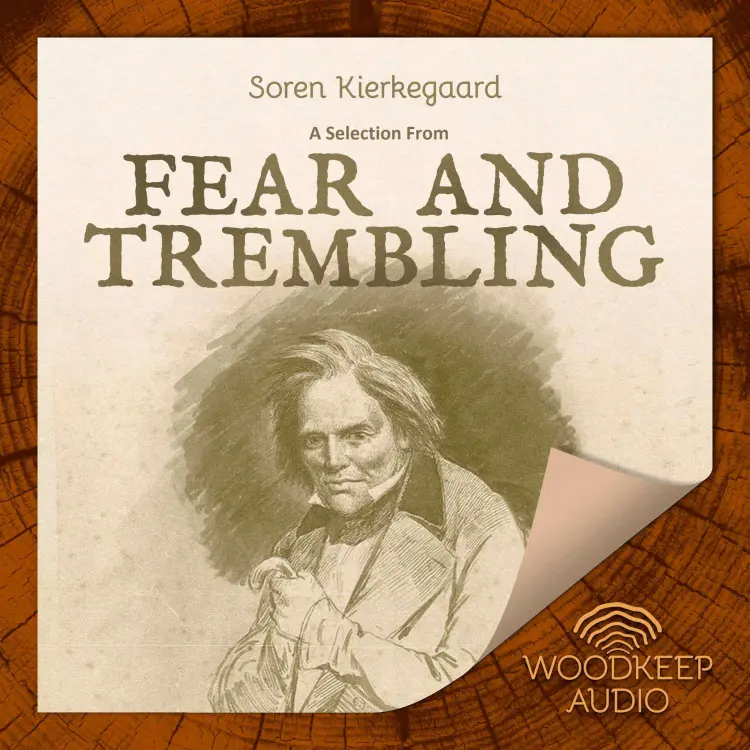
Fear and Trembling
Fear and Trembling
This audiobook may not be available in your territory.
Unabridged
1 hour 13 minutes
Note: Costs may be incurred for playing the audio books or audio plays on the respective platforms, e.g. Spotify. Lismio has no influence on which audiobooks and audio plays are available on the service.
Some articles contain affiliate links (marked with an asterisk *). If you click on these links and purchase products, we will receive a small commission at no extra cost to you. Your support helps to keep this site running and to continue creating useful content. Thank you for your support!
From the publisher
'Fear and Trembling' is a philosophical work by Søren Kierkegaard, published in 1843 under the pseudonym Johannes de Silentio (John of the Silence). The title refers to a line from the book Philippians 2:12, "...continue to work out your salvation with fear and trembling" which in its turn may be a reference to Psalm 55:5, "Fear and trembling came upon me..." Kierkegaard wanted to understand the feeling that must have arisen in Abraham when God tested him with the sacrifice of Isaac. When one person sees one thing, and another sees something else in the same thing, then the one discovers what the other conceals. The more an object of observation belongs to the world of the spirit, the more important is the way the observer is constituted in his innermost nature, because everything spiritual is appropriated only in freedom, but what is appropriated in freedom also comes forth. The difference, then, is not the external but the internal, and everything that makes a person impure and his observation impure comes from within.








